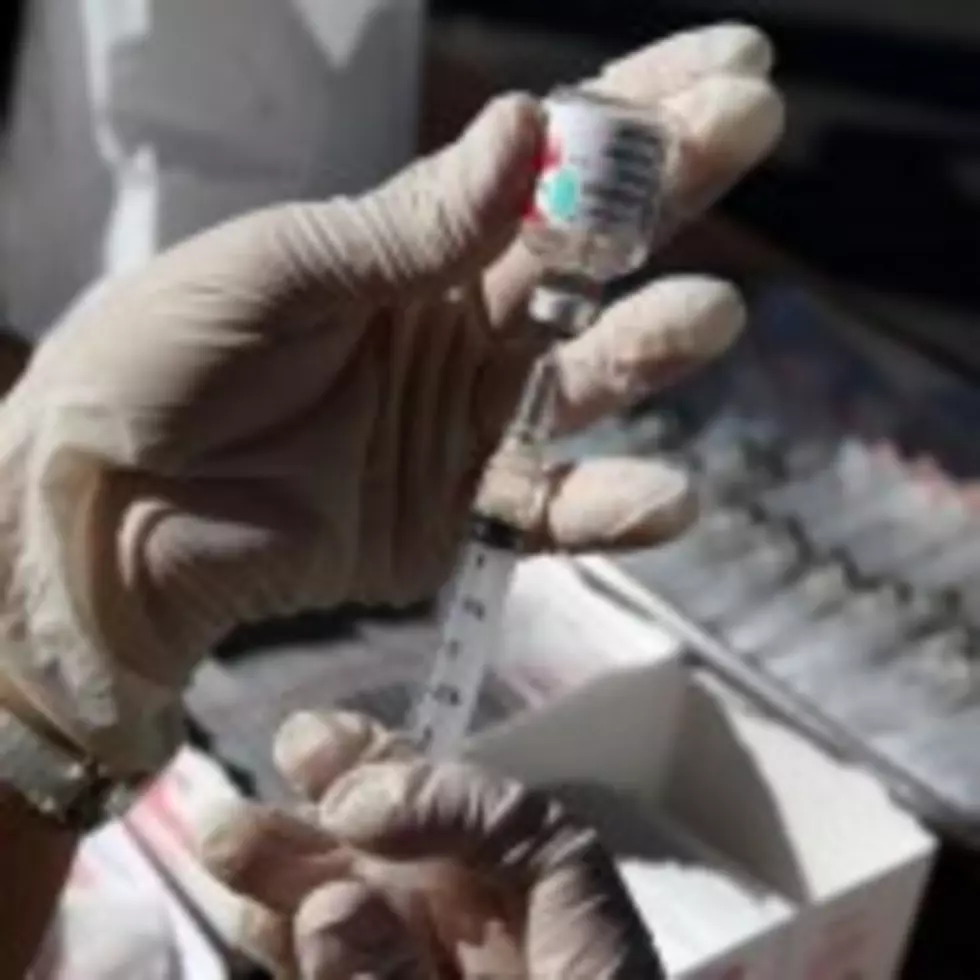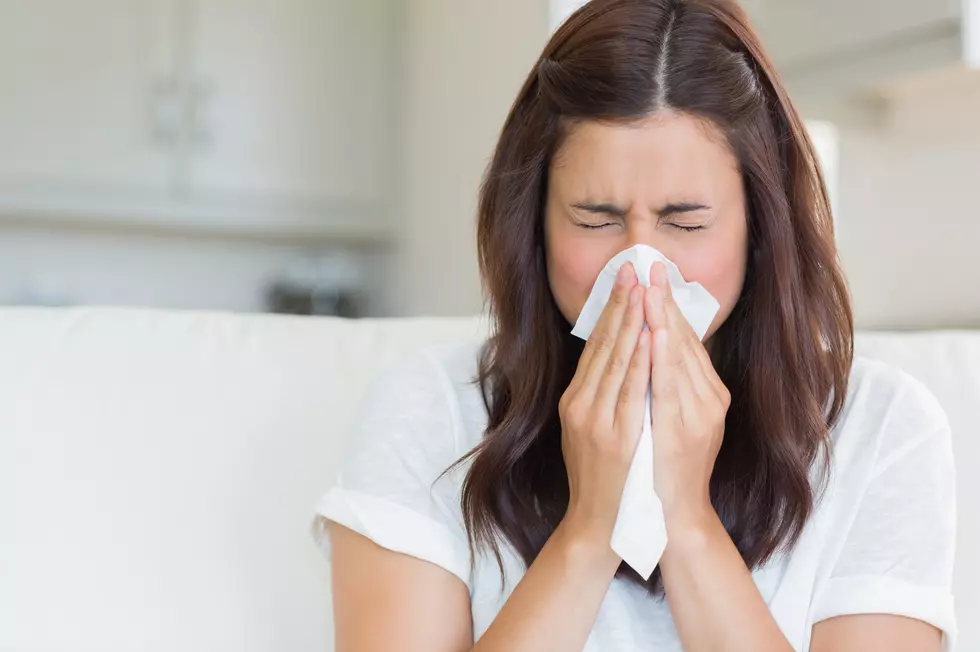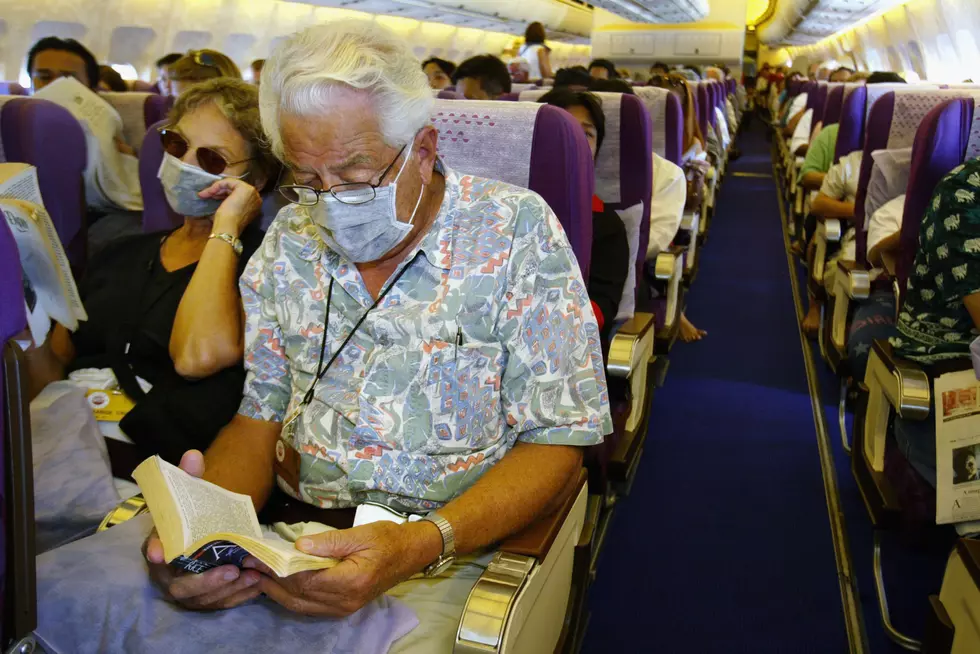
Flu Season A Killer On the Gulf Coast
At least six people in Texas are dead, and flu infection rates are increasing in the deep south, including Louisiana. Young adults who typically feel safer because of their age shouldn't because of the strain that's affecting a large percentage of those affected.
Federal health officials say the predominant strain is H1N1 or swine flu, the same one that triggered a pandemic and killed 45 people in 2009. H1N1 tends to strike younger adults harder than their older counterparts. Health officials say those with underlying conditions are especially at risk for hospitalization and even death.
The good news is that it's not too late to get the flu shot if you haven't already had it. The 2013-14 flu vaccine protects against H1N1 strain of the flu. Health officials say, even if you do get the flu, the symptoms will be much less severe.
While the numbers in the southern states are currently increasing, health officials say flu activity peaks in January and February. That means, if you haven't already, get vaccinated now for the greatest protection.
The Centers for Disease Control also reminds everyone to take a common sense approach to controlling the spread of the flu.
- If you have the flu or a fever, stay home for at least 24 hours after your fever is gone (without the use of medication) except to get medical care or for other necessities.
- Cover your nose and mouth with a tissue when you cough or sneeze. Throw the tissue in the trash after you use it.
- Wash your hands with soap and water. If you can't wash your hands, use hand sanitizer.
More From 97.3 The Dawg









